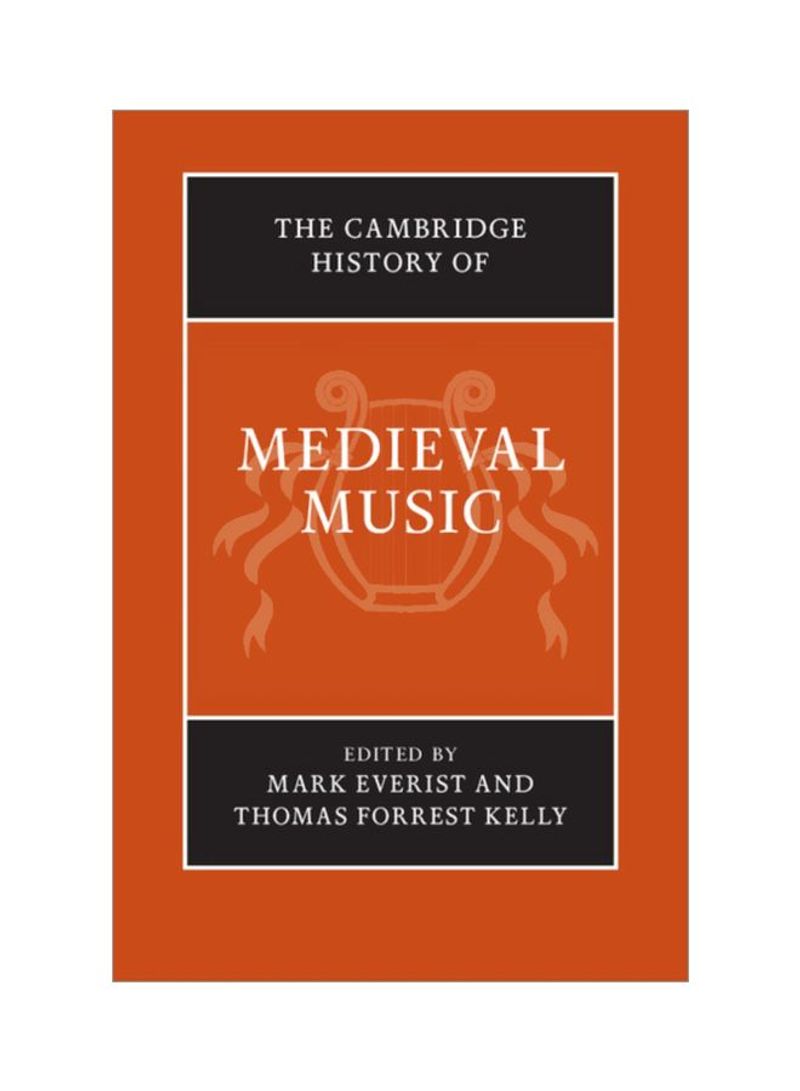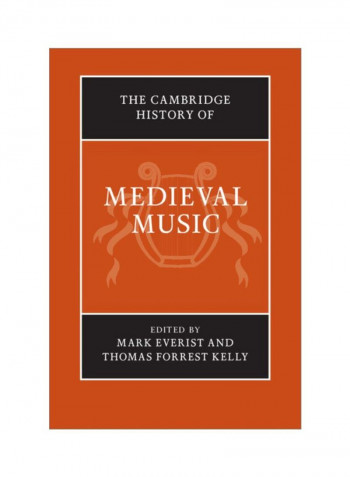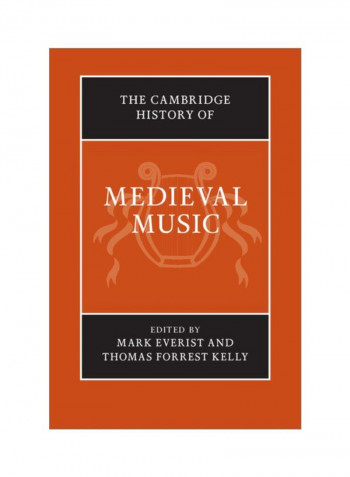The Cambridge History Of Medieval Music Hardcover
Recommend
Sort by
Rating
Date
Specifications
Grade
New
Book Description
Spanning a millennium of musical history, this monumental volume brings together nearly forty leading authorities to survey the music of Western Europe in the Middle Ages. All of the major aspects of medieval music are considered, making use of the latest research and thinking to discuss everything from the earliest genres of chant, through the music of the liturgy, to the riches of the vernacular song of the trouveres and troubadours. Alongside this account of the core repertory of monophony, The Cambridge History of Medieval Music tells the story of the birth of polyphonic music, and studies the genres of organum, conductus, motet and polyphonic song. Key composers of the period are introduced, such as Leoninus, Perotinus, Adam de la Halle, Philippe de Vitry and Guillaume de Machaut, and other chapters examine topics ranging from musical theory and performance to institutions, culture and collections.
ISBN-13
9780521513487
Language
English
Publisher
Cambridge University Press
Publication Date
20 Sep 2018
Number of Pages
1226
Editor 1
Mark Everist
Editor 2
Thomas Forrest Kelly
Editorial Review
Not only is [CHMM] an impressive enterprise, and one that will soon find its space in the scholarship, but it also shows the complexity of dealing with a subject matter that underwent profound transformations in the past thirty years ... The depth and comprehensiveness of the essays is remarkable ... a considerable achievement.' Giovanni Varelli, Medium AEvum 'In two volumes containing thirty-nine essays, The Cambridge History of Medieval Music addresses central concerns: theoretical systems, the work concept, genre, practice, analysis, interpretation, performance, style, intertextuality, influences, sources, editions, dissemination, pedagogy, genre, people, institutions, and cultures ... these essays articulate diverse practices and perspectives and offer bibliographies, figures, examples, summaries, historiographies, methodologies, and questions for understanding this long and complex period.' Jennifer Thomas, Renaissance Quarterly



